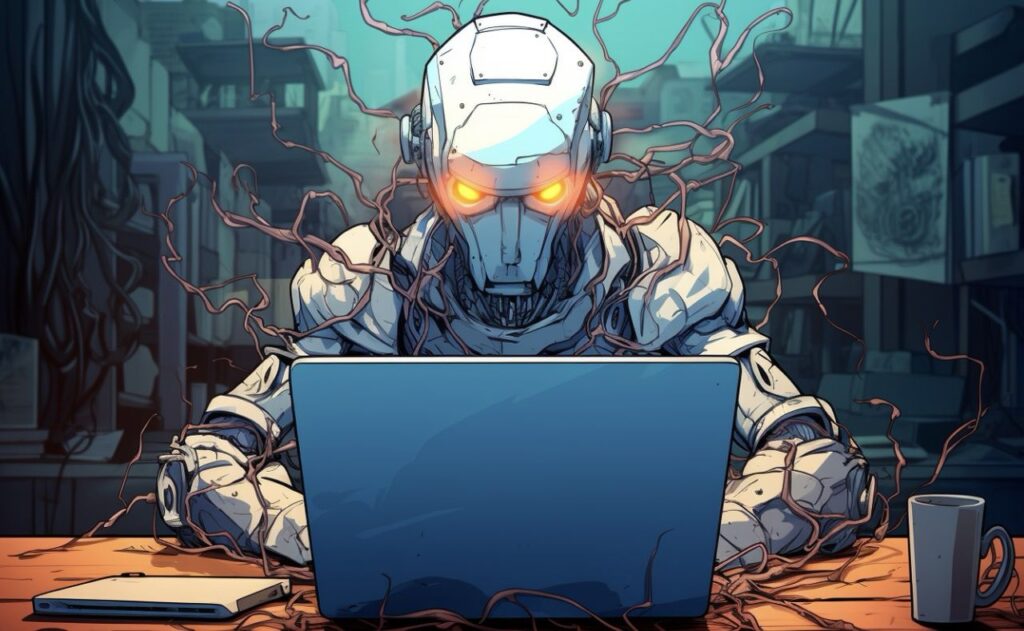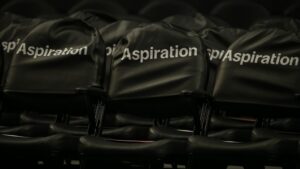
CAMBRIDGE, MA – In a groundbreaking development, MIT has unveiled its new “self-adapting language models” (SEAL) framework, revolutionizing the way artificial intelligence evolves by enabling it to rewrite its own code.
Breaking: MIT’s SEAL Framework Redefines AI
What if artificial intelligence could not only learn but also rewrite its own code to become smarter over time? This is no longer a futuristic fantasy—MIT’s SEAL framework has made it a reality. Unlike traditional AI systems that rely on external datasets and human intervention to improve, SEAL takes a bold leap forward by autonomously generating its own training data and refining its internal processes.
In essence, this AI doesn’t just evolve—it rewires itself, mirroring the way humans adapt through trial, error, and self-reflection. The implications are staggering: a system that can independently enhance its capabilities could redefine the boundaries of what AI can achieve, from solving complex problems to adapting in real time to unforeseen challenges.
Immediate Impact on AI Development
This development builds on MIT’s legacy of innovation, offering a promising avenue for AI applications. The SEAL framework introduces a novel concept of self-adaptation, distinguishing it from traditional AI models. Unlike conventional systems that depend on external datasets for updates, SEAL enables AI to generate synthetic training data independently.
Key Takeaways: MIT’s SEAL framework introduces “self-adapting language models” that autonomously enhance their capabilities by generating synthetic training data, self-editing, and updating internal parameters.
Key Details Emerge from SEAL’s Self-Improving Process
SEAL’s self-adaptation process mirrors human learning, allowing continuous improvement and dynamic adaptation to new tasks without relying on external datasets. Reinforcement learning serves as a feedback mechanism in SEAL, rewarding effective self-edits and ensuring sustained progress and goal alignment.
To better illustrate this, consider how humans learn. When faced with a new concept, you might take notes, revisit them, and refine your understanding as you gather more information. SEAL mirrors this process by continuously refining its internal knowledge and performance through iterative self-improvement.
The Role of Reinforcement Learning
Reinforcement learning plays a critical role in the SEAL framework, acting as a feedback mechanism that evaluates the effectiveness of the model’s self-edits. It rewards changes that enhance performance, creating a cycle of continuous improvement.
By the Numbers: SEAL overcomes AI’s reliance on pre-existing datasets by generating its own training material, excelling in long-term task retention and complex problem-solving scenarios.
Industry Response and Potential Applications
Meanwhile, industry experts warn that SEAL’s capabilities could disrupt various sectors. Its potential applications include autonomous robotics, personalized education, and advanced problem-solving in fields like healthcare, logistics, and scientific research.
Real-World Applications and Testing
SEAL has demonstrated remarkable performance across various applications, particularly in tasks requiring the integration of factual knowledge and advanced question-answering capabilities. For instance, when tested on benchmarks like the ARC AGI, SEAL outperformed other models by effectively generating and using synthetic data.
What Comes Next for SEAL and AI
As AI systems become increasingly autonomous and capable of executing complex tasks, frameworks like SEAL will play a crucial role in their evolution. By allowing AI to learn and improve independently, SEAL represents a significant step toward realizing the full potential of artificial intelligence.
The introduction of SEAL marks a significant milestone in AI research, opening new possibilities for self-improving systems. Its ability to dynamically adapt, retain knowledge, and generate its own training data has far-reaching implications for the future of AI development.
Expert Analysis: “SEAL’s innovative approach to self-adaptation and continuous improvement sets the stage for a new era of AI development,” said Wes Roth of MIT.
The move represents a significant shift from traditional AI models, offering a new paradigm where systems can operate with greater intelligence, flexibility, and autonomy. As research continues, the potential for SEAL to reshape the future of technology remains vast and promising.






